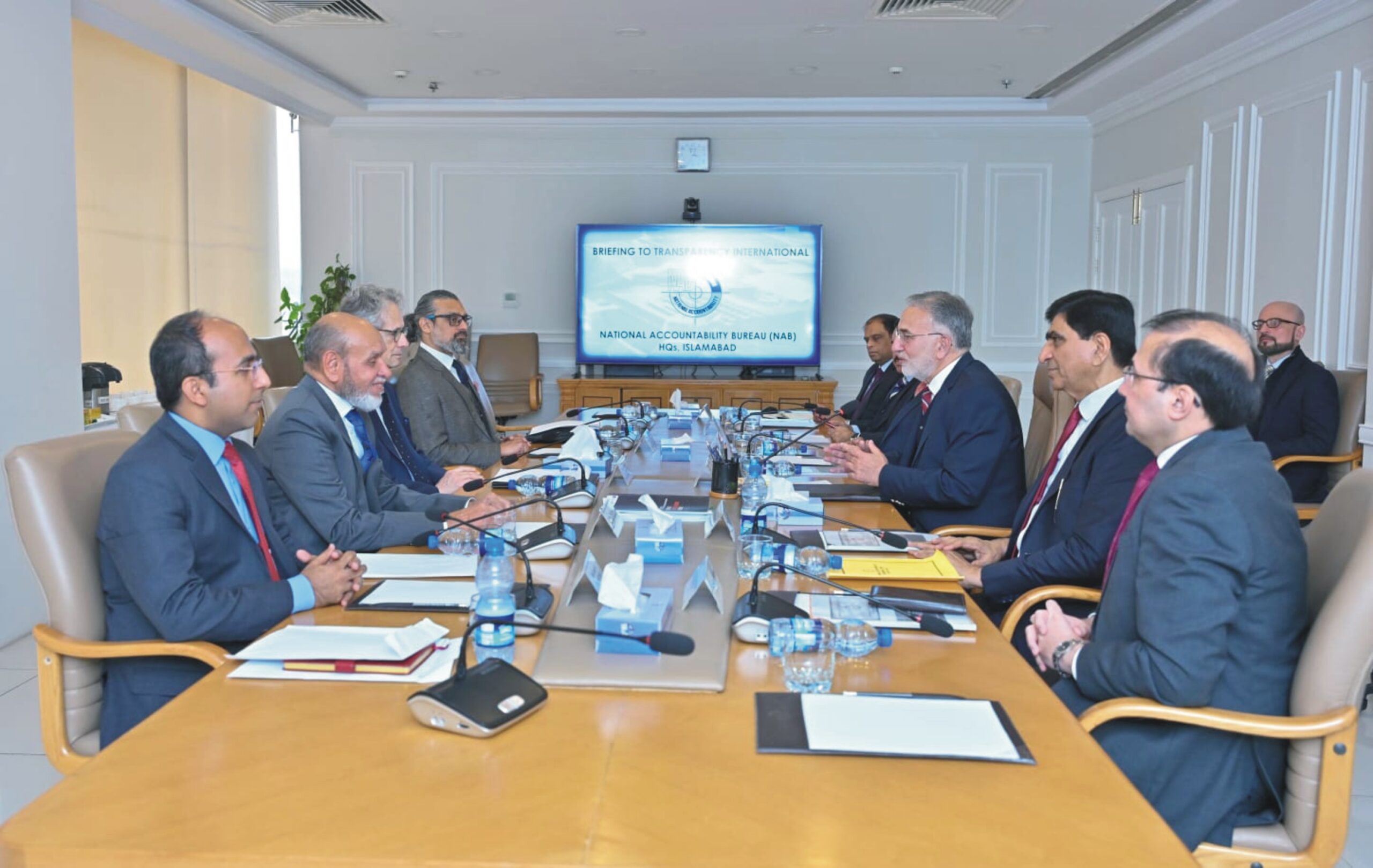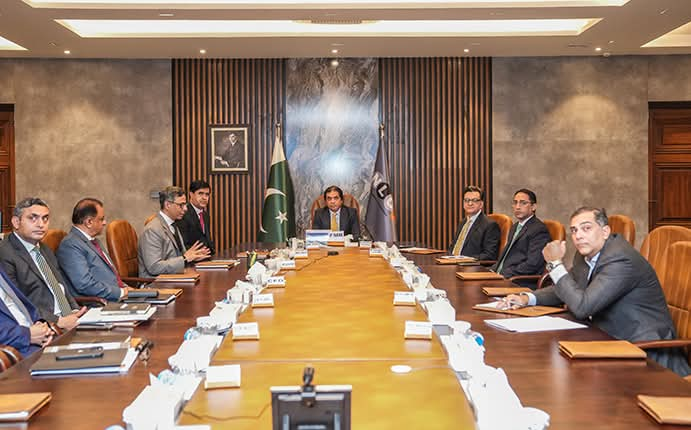Spokesman Report
Islamabad: Public Diplomacy is an important instrument for promoting regional peace and stability by advancing the essence of the Shanghai Spirit. Strong people-to-people ties, languages, cultural cooperation, youth interactions, media cooperation, health development, technology knowledge sharing, arts and craft, and history will improve togetherness, understanding, and mutual trust. These were the remarks by the policy leaders and scholars from the SCO region during the Webinar on “Role of Public Diplomacy for Strengthening Shanghai Spirit in SCO” organized by SCO Studies Centre-Institute of Peace and Diplomatic Studies and Pakistan SCO Friendship Forum. After the welcome remarks, Farhat Asif highlighted the webinar’s significance and shared the aims and objectives of the Pakistan SCO Friendship Forum and SCO Studies Centre. Speaking on occasion, the keynote speaker Zheng Wei, Secretary General of the Good-Neighborliness, Friendship and Cooperation Commission (GNFCC) of the Shanghai Cooperation Organization (SCO), highlighted that people-to-people amity promotes the development and people-to-people diplomacy serves the people. She reiterated that member states are gradually expanding people-to-people exchanges, establishing cooperation mechanisms, strengthening solidarity and cooperation, and building the true Shanghai Spirit. Zheng Wei also shared that GNFCC-SCO has significantly advanced people-to-people ties in SCO through various initiatives. Kabuljon K Sabirov, Director of SCO Center of the Public Diplomacy in Uzbekistan, mentioned that SCO needs to promote regional economic cooperation. Moreover, regional governments must devise thoughtful ethnocultural policies to promote a deep understanding of multiculturalism in the region and induce an idea of mutual rapprochement. Aisha Farooqui, the National Coordinator of Shanghai Cooperation Organization (SCO) Ministry of Foreign Affairs Pakistan, explained and highlighted several key areas for enhancing Intra SCO-level cooperation. She proposed enhancing tourism and business collaboration to promote cultural interactions through language development. She has also emphasized using media, music, and film to enhance cooperation in the SCO. She also stressed language being the key to unlocking cultural cooperation. Dr. Vladimir Evseev, Head of Division of Eurasian Integration and Shanghai Cooperation Organization Institute of CIS Countries, Russian Federation, shed light on the internal instability of the member-states being one of the greater challenges for the development of SCO. According to him, it is necessary for SCO member states to unite and work for the common cause of development in the region. Dr. Akbota Zholdasbekova, Professor Eurasian National University of Kazakhstan, emphasized that the cultural and historical affiliation between states play an important role in cooperation. She highlighted several challenges that states faced in cooperation among states, such as terrorism and extremism in the region. SCO provides a platform for the states to overcome regional threats and promote peace through collaboration among states. Dr. Anton Dudaronak, an Analyst at the Belarusian Institute of Strategic Research Belarus, stated SCO is one of the key systems of international cooperation. He proposed making SCO a think tank consortium to pool intellectual contributions for regional development. Mirsaid Rahmonov, Senior Research Analyst Institute of Euro Asian Studies Dept of South East Asia, National Academy of Science Tajikistan, proposed a PACE framework for strengthening public diplomacy through the platform of SCO. According to him, this unique way of promoting peace, productivity, and prosperity through activities, practical applications, cooperation, and economizing natural resources can benefit states in the SCO region. Students and faculty members have joined the webinar.







